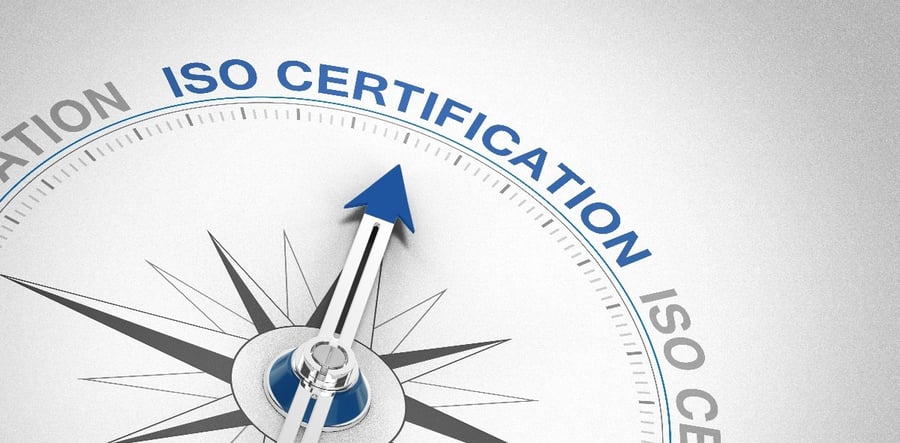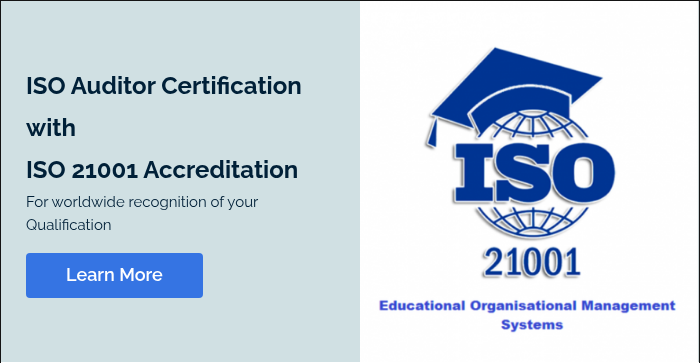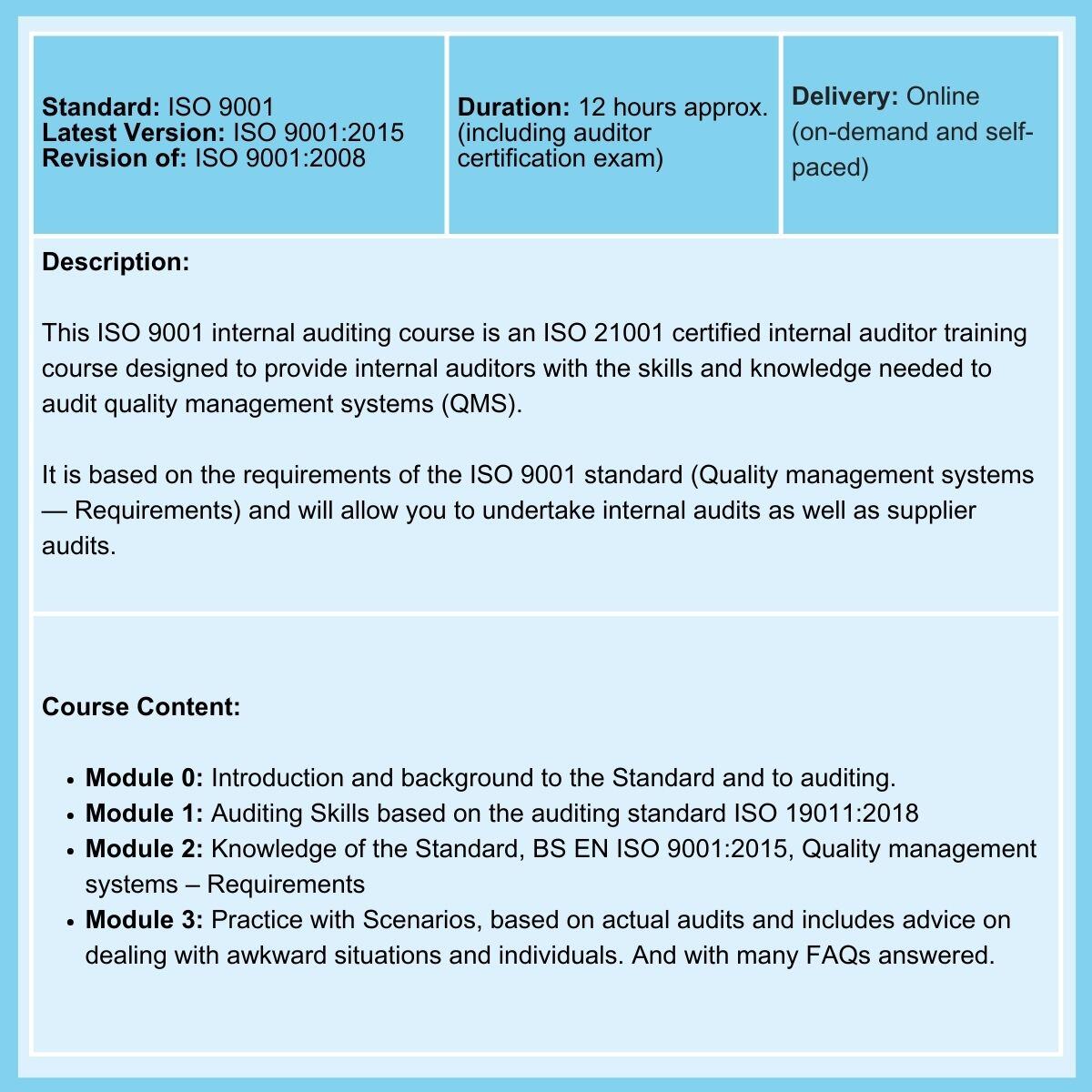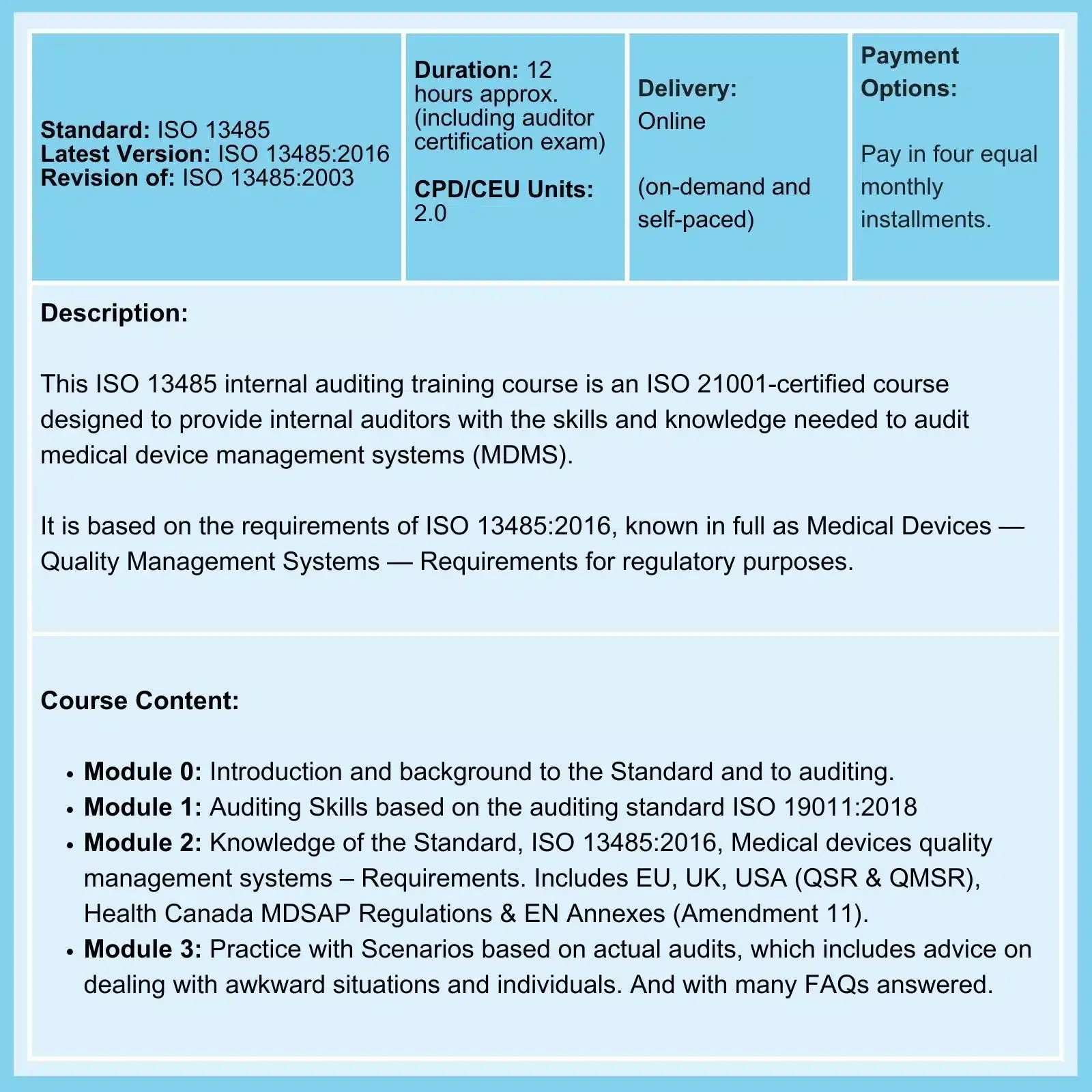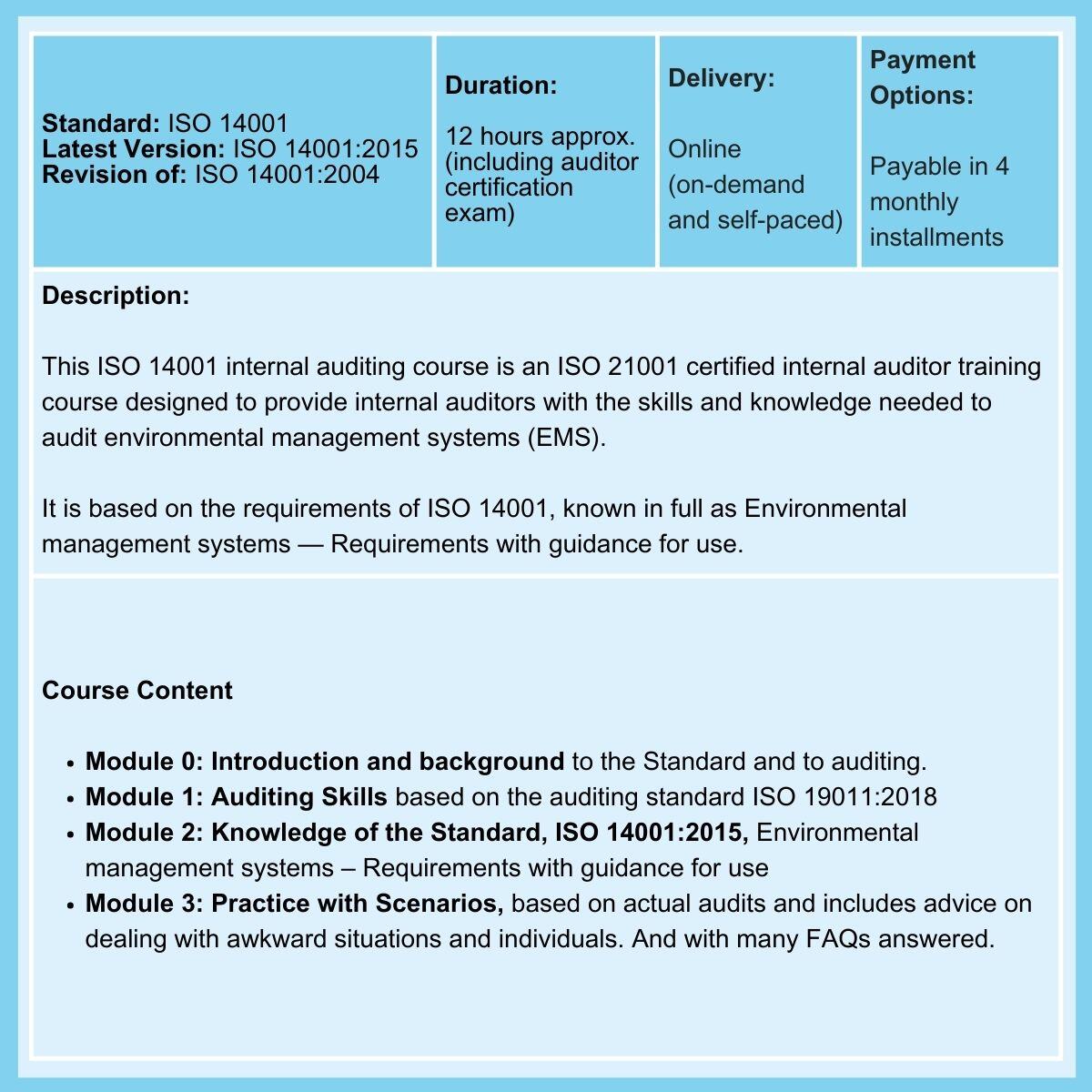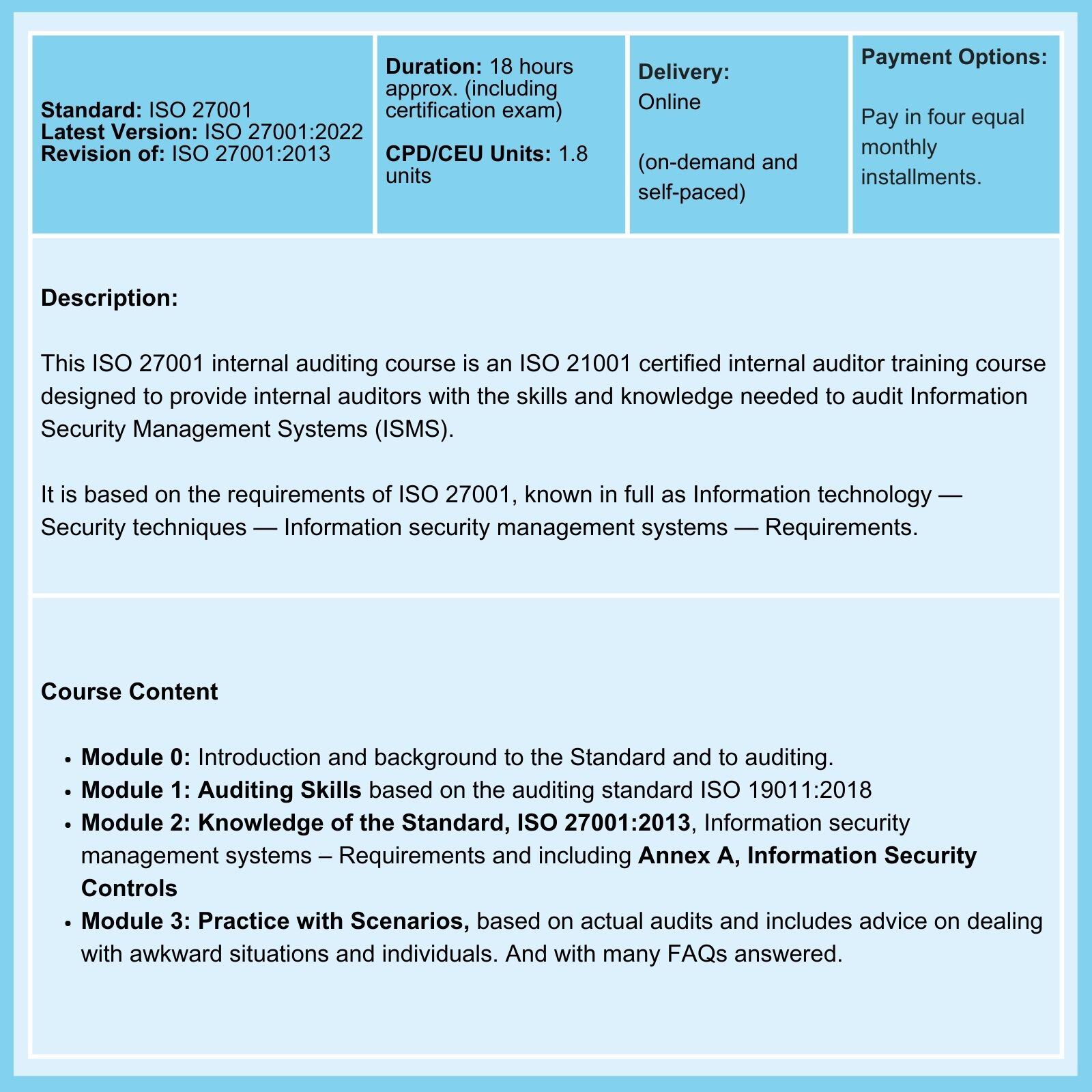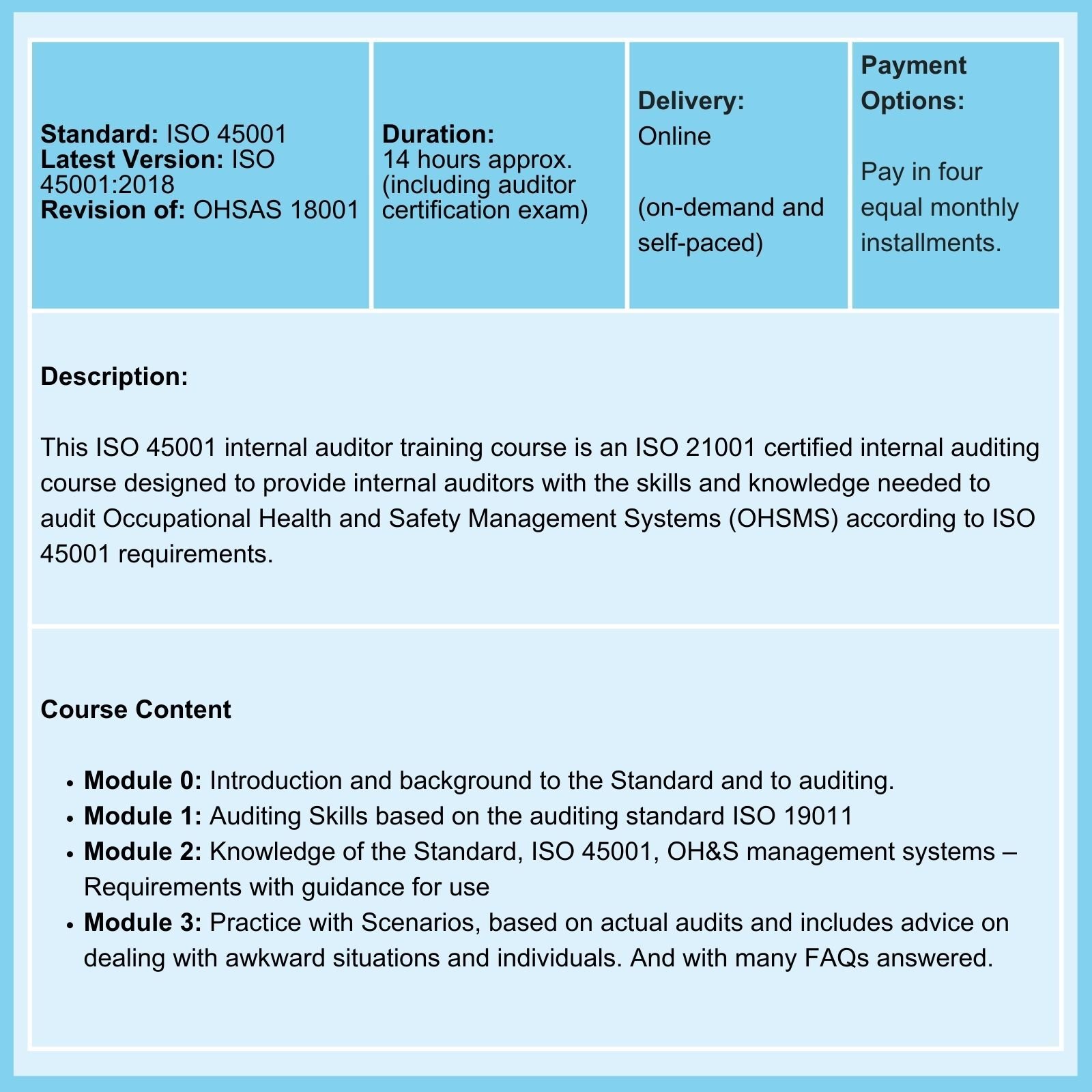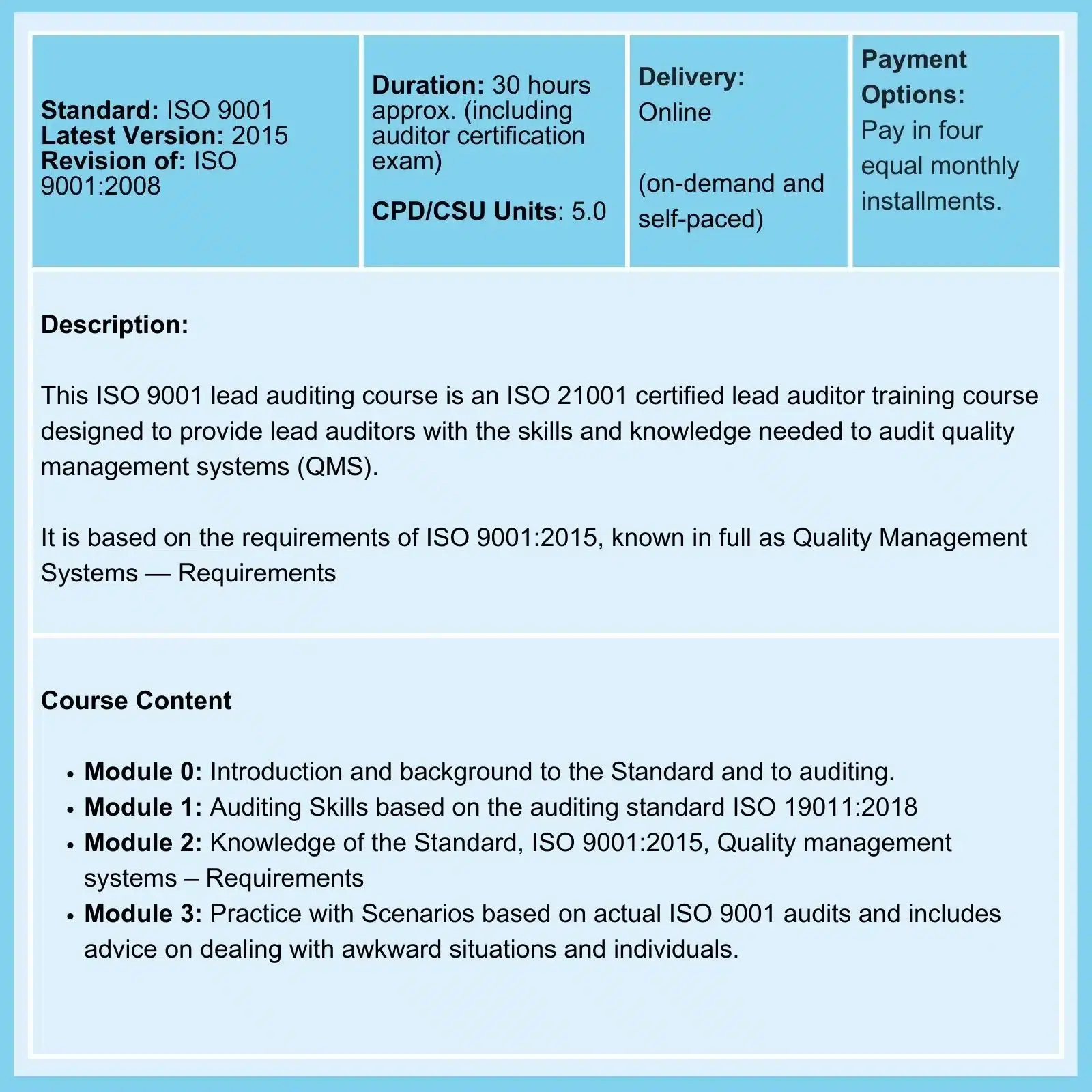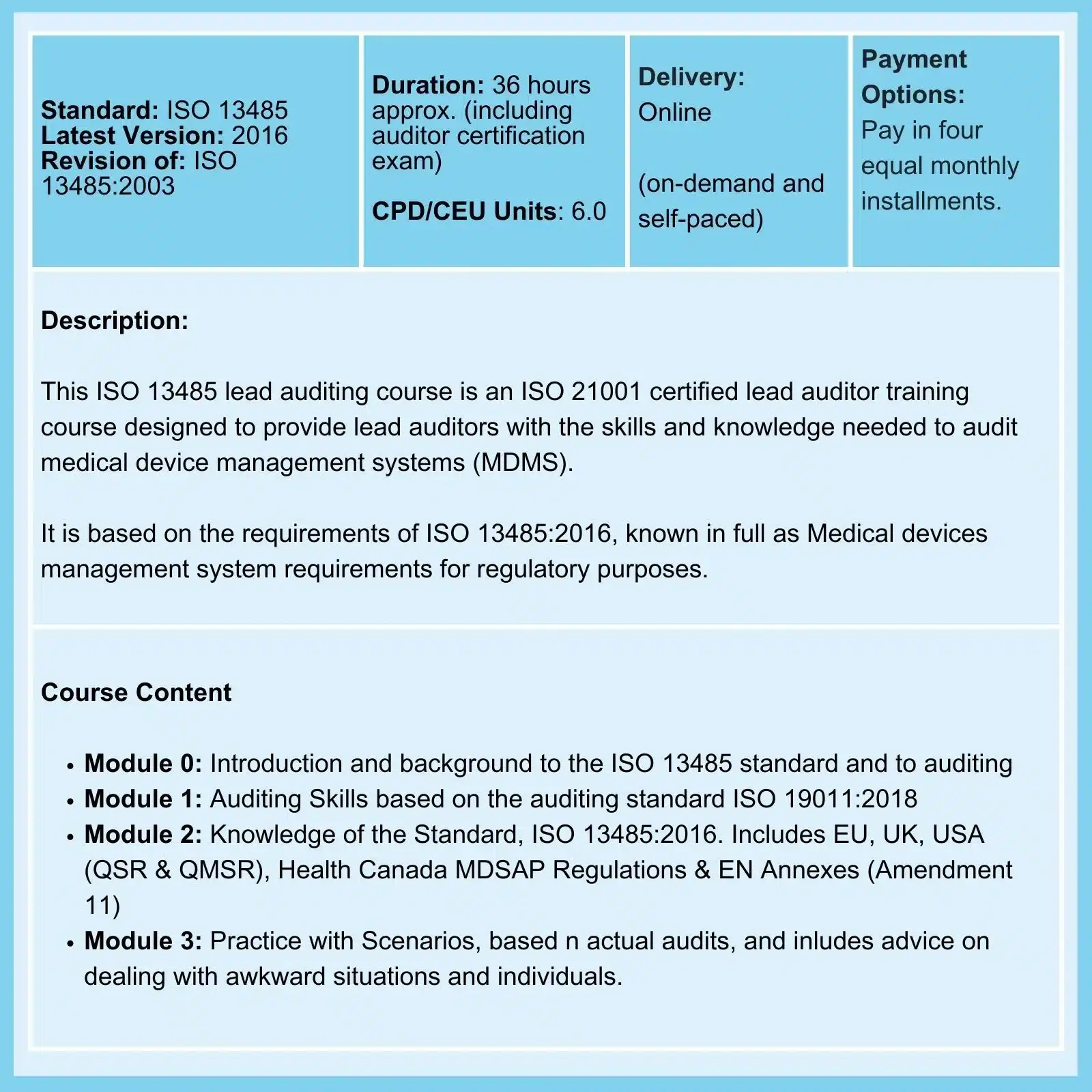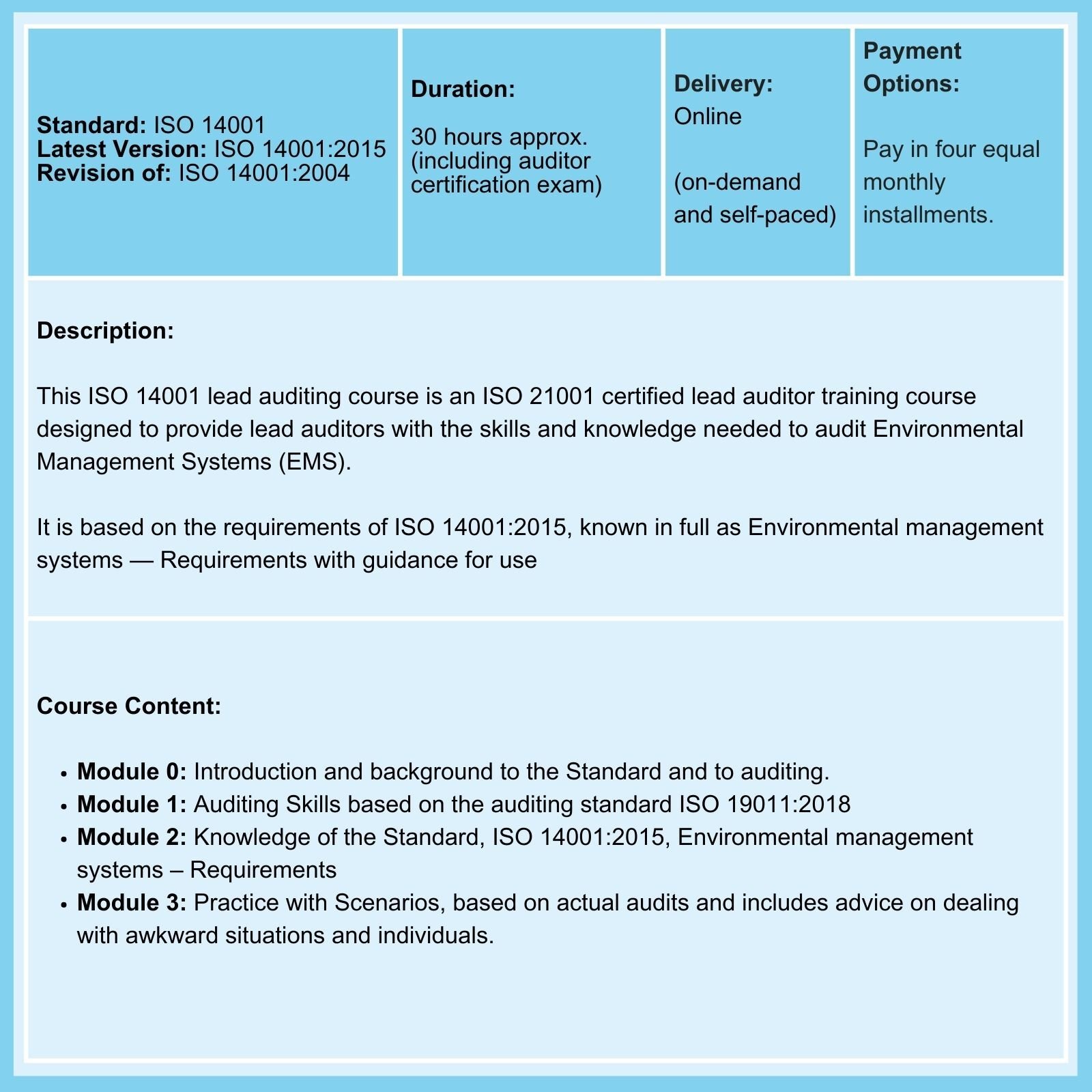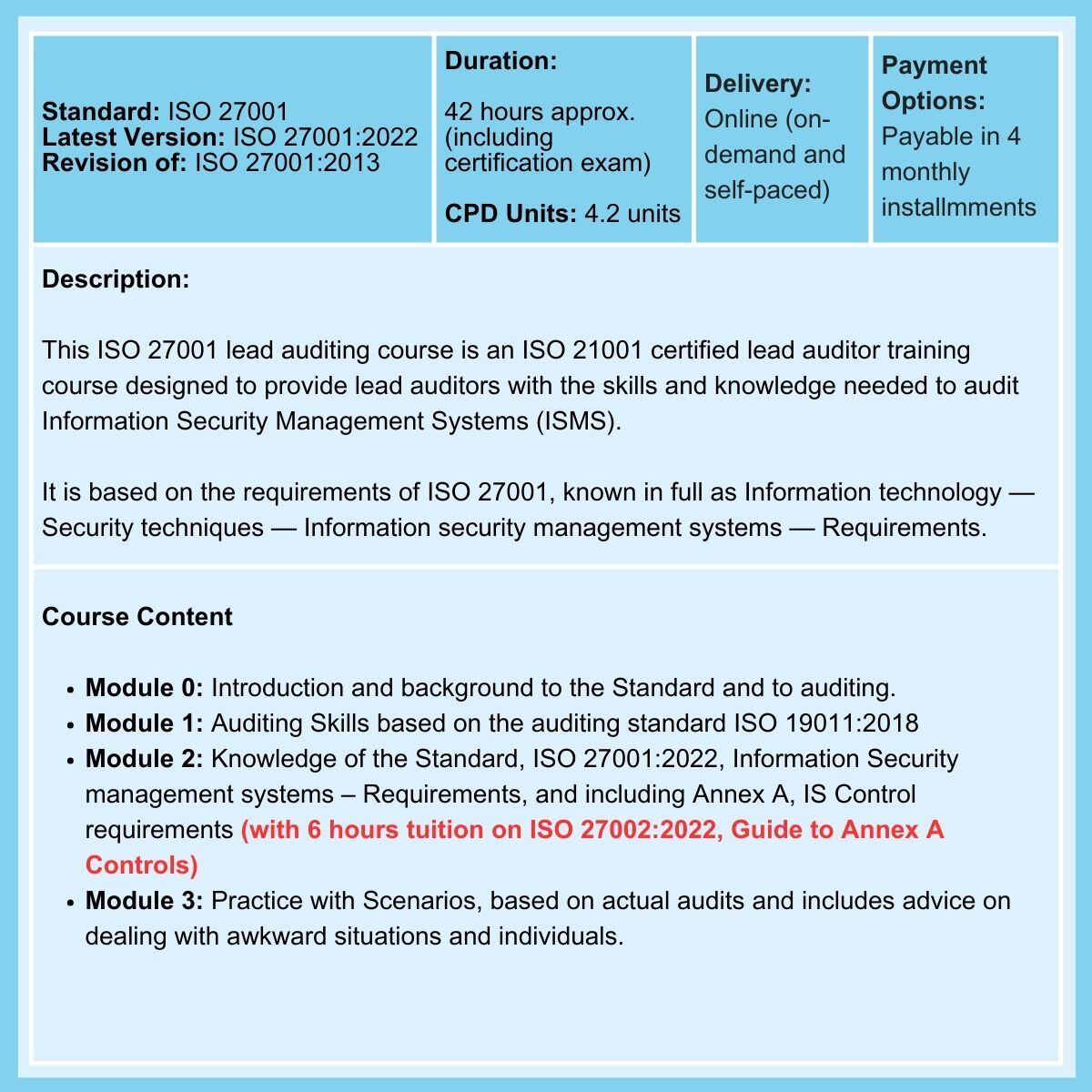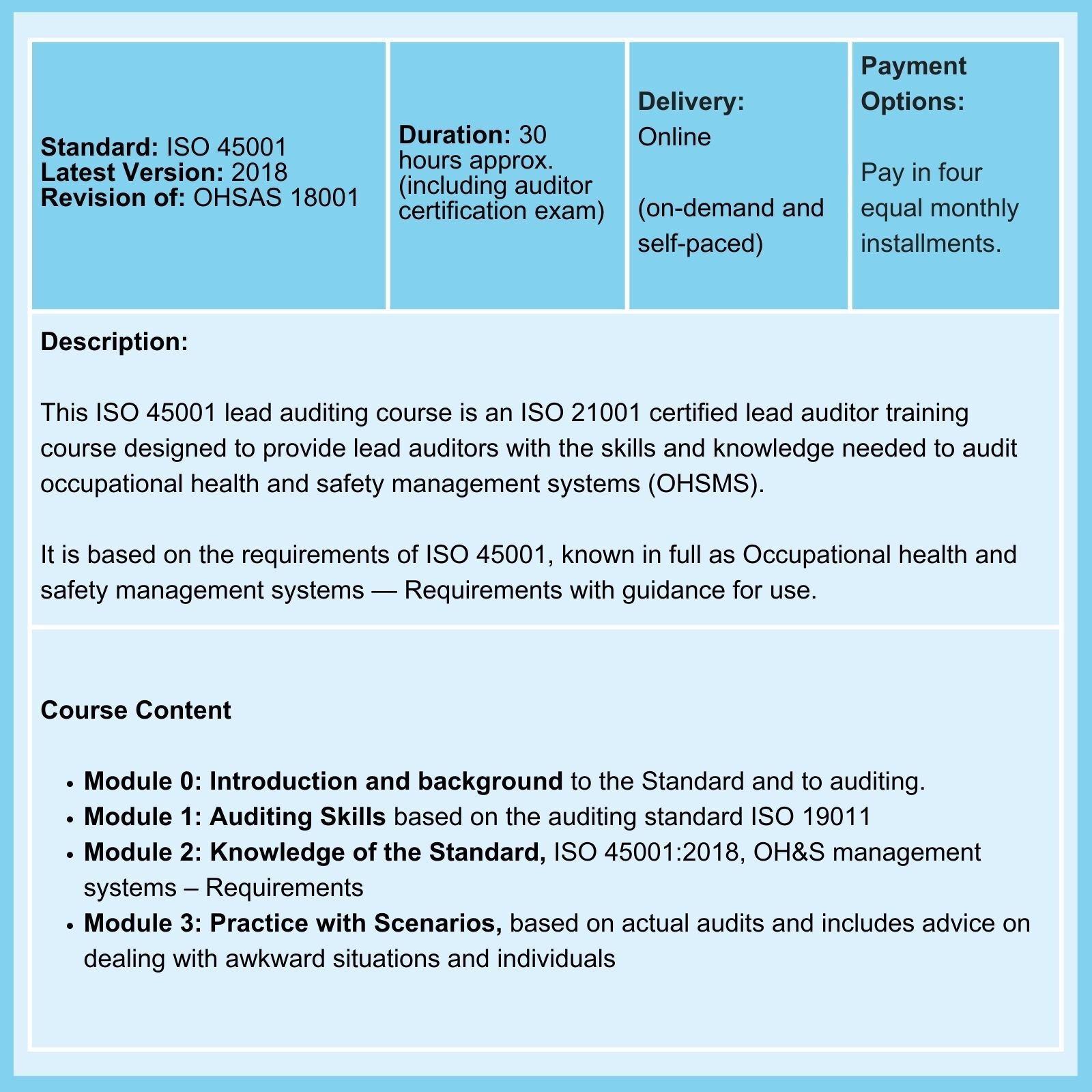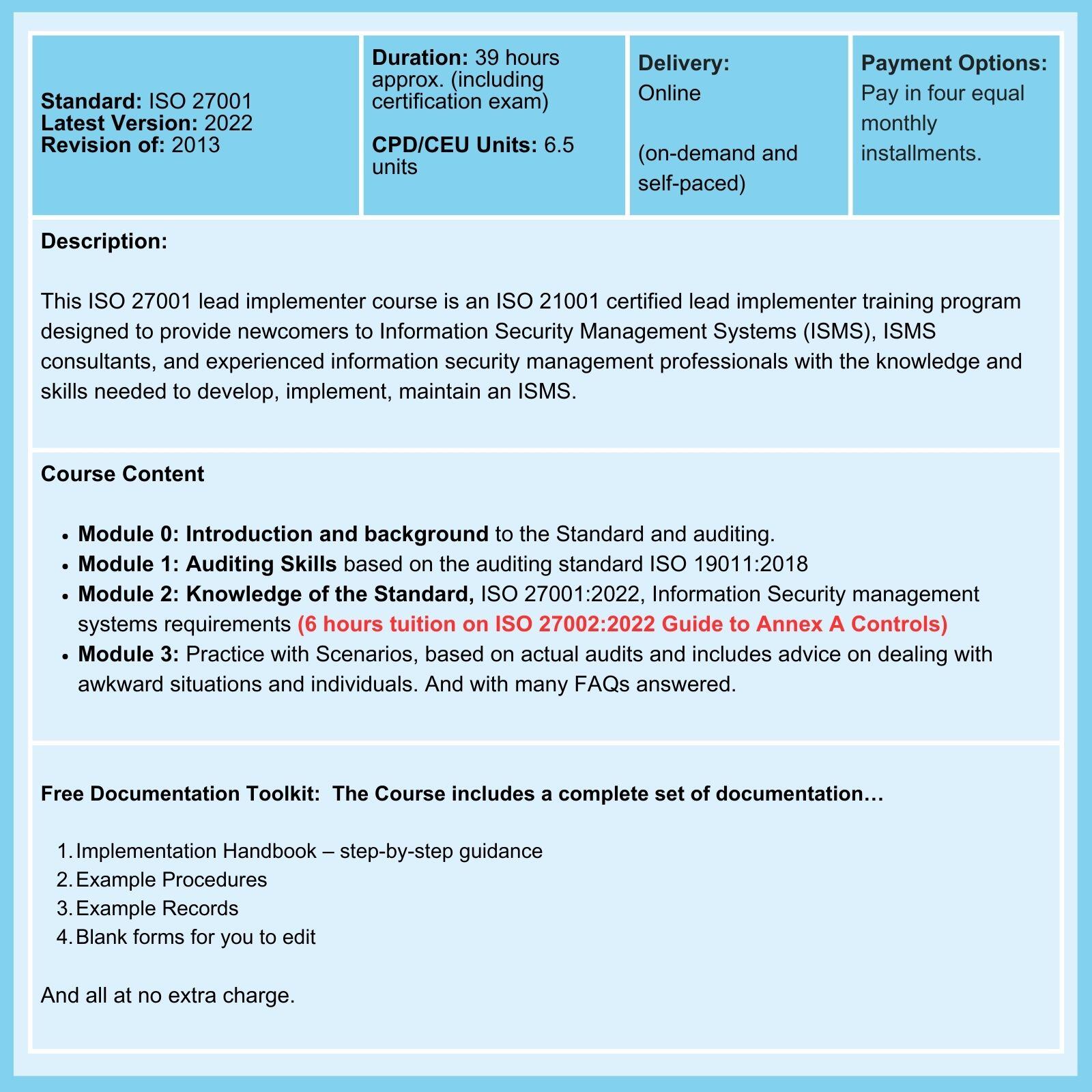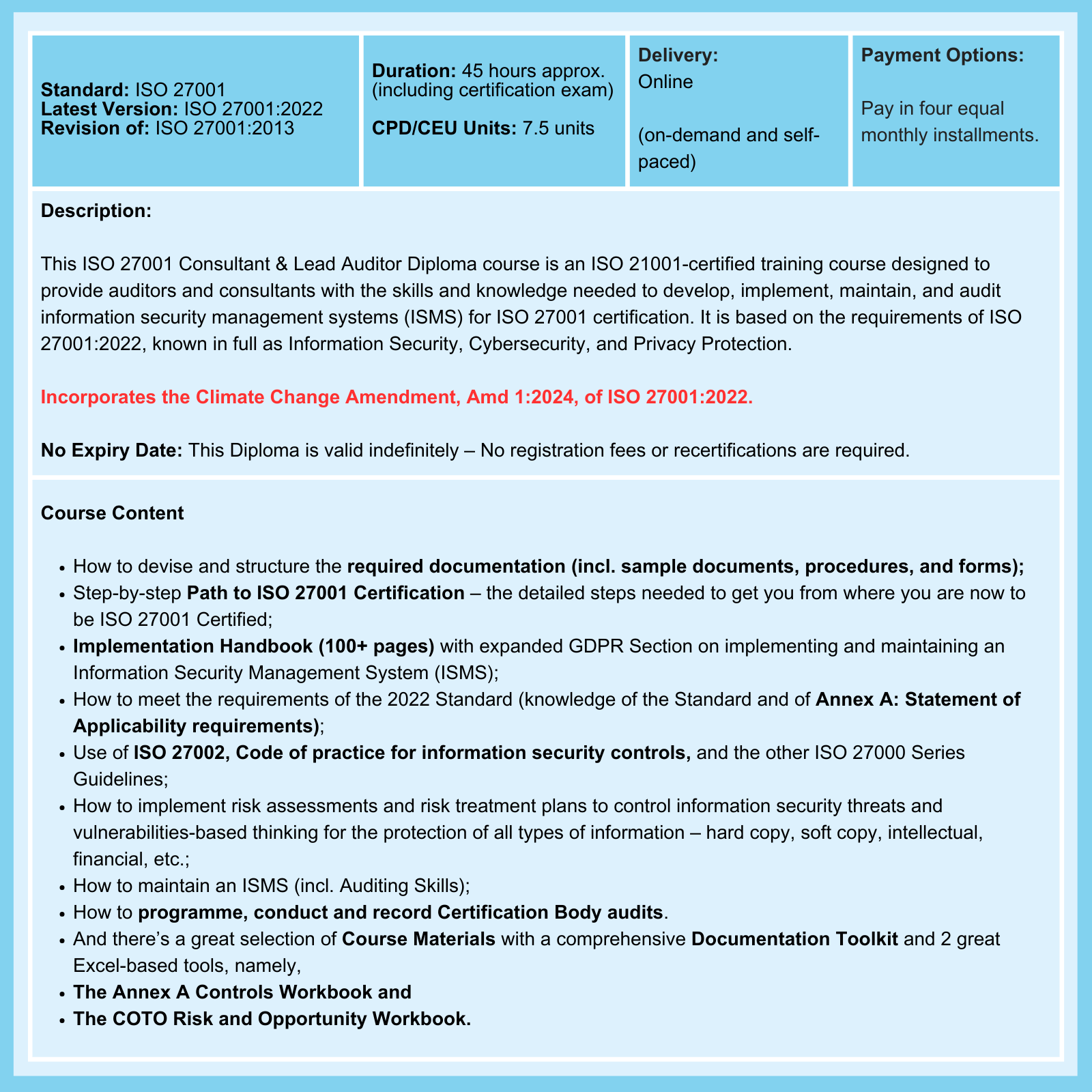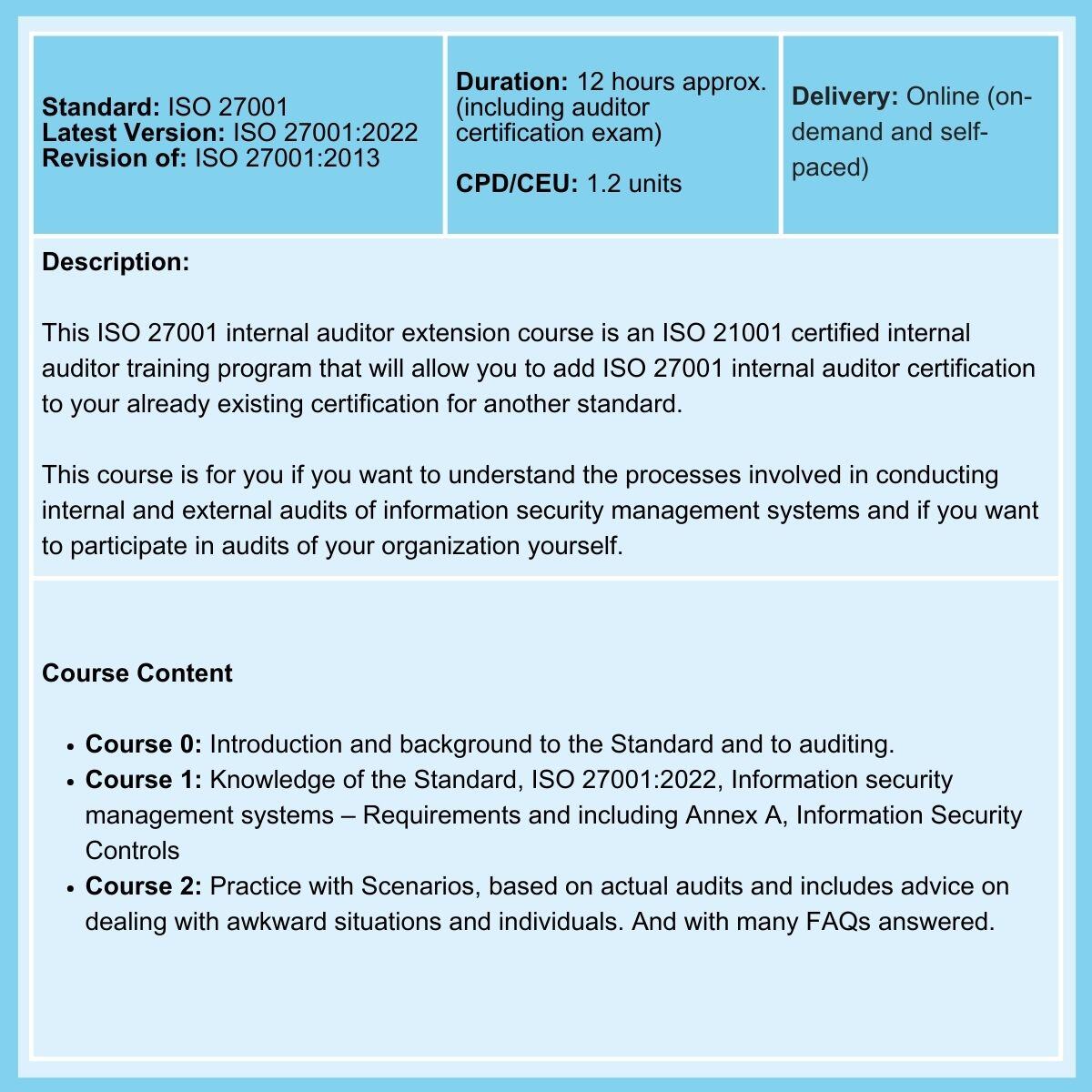It isn’t just about getting an ISO Certificate.
Your organization needs to derive value from the Certification Body Audits, and if it doesn’t, it should consider moving to another Certification Body.
We at deGRANDSON Global are regularly asked about a policy for changing Certification Bodies. Certification Body (CB) contracts are of three years' duration. This is the universal norm. Unfortunately, many organizations renew contracts without giving the matter much thought. This is a mistake.
Reasons Why You Would Want to Change Your Certification Body
You should, as with any key supplier, periodically evaluate their performance. And coming towards the end of a 3-year cycle would seem the ideal opportunity to do so. So here are some reasons you might want to change CB – the list is not prioritised.
1. As a matter of Corporate Policy
Many significant corporations change their financial auditors on a 5-year or 10-year cycle as a matter of policy, no matter how satisfied they are with past performance. Many also apply the same policy to their choice of CB. In both circumstances, the Board is keen to get a fresh perspective.
2. The Audit Team has been unchanged for the past 5+ yearsAudit Teams, even though led by a professional and suitably trained Lead Auditor, can go ‘native’ and become too friendly with the auditee’s staff. Naturally, there then tends to be a reluctance on the part of the Audit Team to be exacting in grading findings and to be lenient in their Audit Conclusion – you get to keep your Certification even though there are serious failures of the system that are not going to be corrected.
You’re paying them to be rigorous, not to give you ‘an easy ride’. A new Audit Team (perhaps, from the same CB) will find it easier to ask the tough questions.
3. Management can't see any tangible benefits other than the Certificate itself.
Some Audit Teams avoid engaging with Management. This is because they don’t ask the hard questions or encourage a critical examination of what benefits the organisation is getting or should be getting from its quality management system or other management system.
4. Staff don’t feel they learn anything from the audits
During the audit interviews, staff are not being asked challenging questions, such as why specific jobs are performed in a particular way. There is no depth to the questioning – few, if any, ‘what-if’ questions. A good audit should be a learning experience for the persons interviewed.
5. Management doesn't feel challenged or made to think about their processes and how well they serve the business
Auditors don’t follow an audit trail by checking processes sequentially. For example, the auditors never take a signed delivery docket and track the associated activities and records back through the operational processes until they get to a customer inquiry and/or an inquiry for a raw material sent to a prospective supplier. This kind of audit activity will quickly establish whether a set of operational processes is' sound'.
6. Auditors spend too much time in the office checking documentation
While documentation constitutes strong evidence, it is not the only evidence an Audit Team should seek. We all know that documentation can be ‘doctored’.
Good auditors will spend substantial time collecting other forms of evidence, such as,
1) structured interviews with staff at all levels and functions within the organisation,
2) observing other people at work while conducting the interviews, and
3) checking and counting physical objects (stock counting, checking product labelling, checking calibration stickers, and the like).
Evidence from various sources forms the basis for a fairer and more reliable audit conclusion.
Related Courses
Related Courses
7. The Audit Team arrives late and leaves early
To get through the audit plan, the Audit Team consequently takes smaller samples and has less evidence than is deemed necessary to draw a reliable audit conclusion. As a result, an unwarranted positive audit conclusion could mean a nasty surprise when the next Supplier Audit takes place.
8. Audits don’t focus on critical processes
They don’t appear to have a deep understanding of what’s essential to your business, and they miss things. Things that Customers doing Supplier Audits are unlikely to miss.
9. The Audit Plan doesn’t get completed
The Team is too easily distracted, and if they spend too much time on one item, they need to make a greater effort to ensure that all items in the plan are covered. Consequently, some processes go unaudited. And again, too little evidence upon which to make a reliable audit conclusion.
10. The Audit Team loves a leisurely lunch.
A classic time-wasting tactic. Sometimes, it is encouraged by the auditee. The end result: processes go unaudited. And you’re being ‘robbed’.
So, over to you...
If any of the reasons above apply to your organisation, consider changing your Certification Body or, at least, the Audit Team. Failure to do so may result in a 'time bomb' in your system, waiting to be discovered during a Supplier Audit by a critical Customer. Or it may mean that the many benefits and improvements your management system should be prompting (and helping you achieve) are needlessly foregone.
If you demand value for money, you'll regularly change your Certification Body or Audit Team. And while you're at it, why don't you train your internal auditors? Sorry, I couldn't resist getting a plug in.
Related Courses
Related Articles
- ISO Accreditation vs ISO Certification: Which Do You Need?
- [Infographic] The route to ISO Certification explained
- What is ISO Auditor Competence, and Who Decides on It?
deGRANDSON Global is an ISO Certified Educational Organization
In October 2021, we secured certification for three education-related ISO Standards. As a result, we now have a university-grade management system that conforms to the requirements of …
We have chosen ISO 21001 certification because it is based on an independent third-party assessment, unlike IRCA and Exemplar badges (which we believe are commercially compromised). In addition, it is a ‘university grade’ standard globally by schools, colleges, and universities to demonstrate their competence.
We are accredited providers of Courses on ISO 9001, ISO 13485, ISO 14001, ISO 17025, ISO 27001, ISO 45001, Data Protection, Risk Management, and more.
